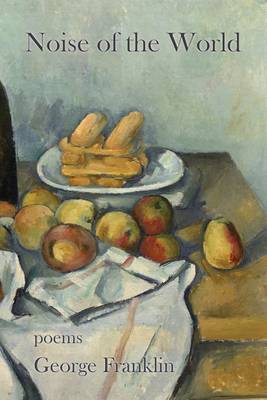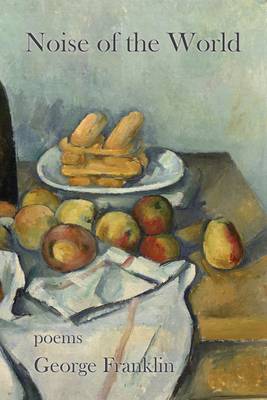
- Retrait gratuit dans votre magasin Club
- 7.000.000 titres dans notre catalogue
- Payer en toute sécurité
- Toujours un magasin près de chez vous
- Retrait gratuit dans votre magasin Club
- 7.000.000 titres dans notre catalogue
- Payer en toute sécurité
- Toujours un magasin près de chez vous
Description
The poems in Noise of the World tell real stories, real because the poet doesn't shy away from the limitations of being human. There are love poems, moments of desire, of "Pressing my lips and teeth hard against / Your shoulder, dissolving beneath your / Fingers, tongue, the shiver in your / Abdomen," but they are tempered by the knowledge that the person loved will never be fully known and, ultimately, even desire is something that can't be understood. His poems of history, like his love poems, find their reality in particular moments such as "The dark hands of the Zapatistas / Curled around white cups, eyes ignoring / The camera," or "That cup of coffee and the soft, white bread / Depend on being born here, not there. Then, / Not some other time." History encompasses as well the poet's family, his life in Miami with his compañera, the Colombian poet Ximena Gómez, the classes he teaches in Florida prisons, his travels to Europe, Colombia, and Mexico, the Covid-19 quarantine, the writers and artists who've shaped how he sees and responds, and the solitude he experiences: the "House that quiet, the dog outside poking / His nose into opossum smells or / The pleasure of rotting leaves." This book celebrates sensual life and the imagination while reminding us that even in moments of love or solitude, even when we don't hear it, the noise of the world is still there.
Spécifications
Parties prenantes
- Auteur(s) :
- Editeur:
Contenu
- Nombre de pages :
- 140
- Langue:
- Anglais
Caractéristiques
- EAN:
- 9781735400204
- Date de parution :
- 15-11-20
- Format:
- Livre broché
- Format numérique:
- Trade paperback (VS)
- Dimensions :
- 152 mm x 229 mm
- Poids :
- 213 g







